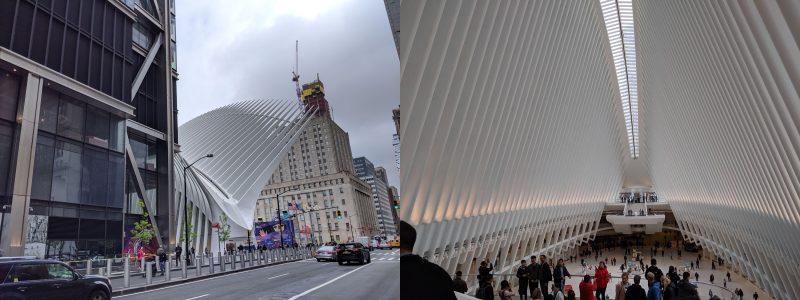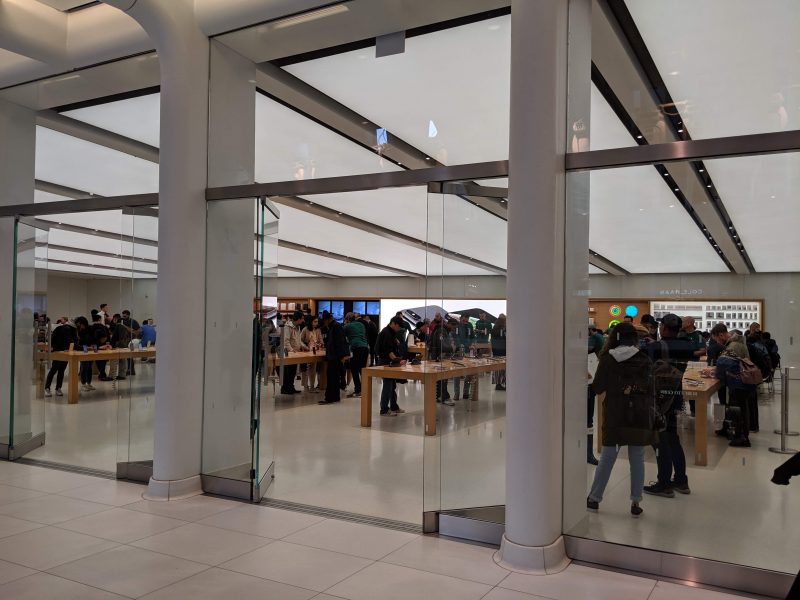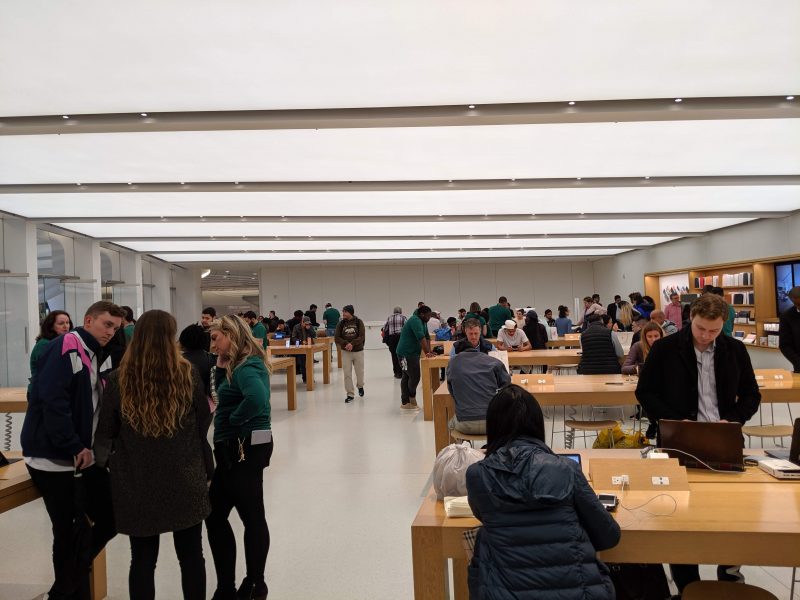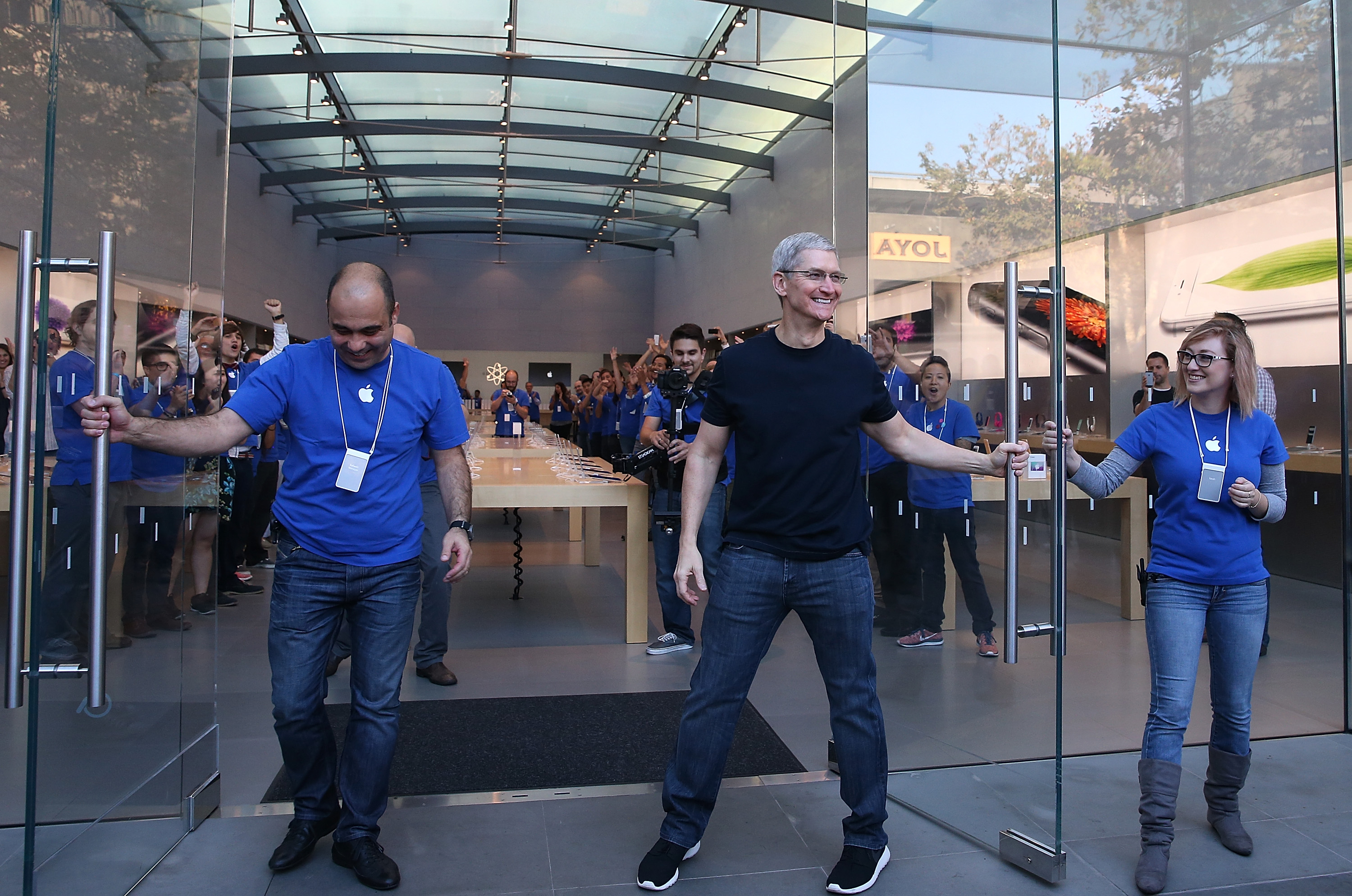- Apple’s retail stores are all over the world – the international brand ambassador for Apple products.
- In recent years, Apple stores have abandoned traditional structures like checkout counters and the iconic “Genius Bar” in favor of roaming employees equipped with iPads.
- On a recent visit to get a Mac computer repaired, I experienced firsthand just how messy and disorganized this approach can be.
- Visit Business Insider’s homepage for more stories.
Years ago, when the iPhone was still a relatively new device, Apple stores were a novel experience.
They had large, open floor plans paired with the shining beacon of the “Genius Bar,” and a subtly tucked away checkout counter somewhere in the back. When you walked in, products were clearly the focus – on display at every table, in distinct sections for iPhones, iPads, and various Apple computers.
It felt familiar, like a normal retail store experience, but better.
Those days appear to be gone.
Starting in 2016, Apple Stores ditched the Genius Bar and checkout counters.

As Apple has increased in popularity, so have its stores. With that popularity came increased foot traffic, and the Apple store experience suffered. Going to get a cracked screen fixed, even with an appointment, became a far less pleasant experience as you waited for someone to help you.
As the company struggled with accommodating more people in its stores, its signature "Genius" employees - people who were specifically employed to solve issues with Apple's products - were particularly overwhelmed.
The company's retail leader, former Burberry CEO Angela Ahrendts, was in charge of the proposed solution: Get rid of the Genius Bar, cut the checkout counter, and empower every employee to help every customer directly.
It may not be a bad idea in theory, but - as I learned at a recent trip to my local Apple store to get a computer repaired - the concept doesn't always work in reality.
Things started out well enough!

A few years ago, I permanently switched from the iPhone to Android. I still use a MacBook Air personally, and I'm writing this on a MacBook Pro I use for work every day.
I'm only saying this because, nowadays, I go to Apple stores far less than I did in the past. My memory of going is still rooted in the Golden Era of Genius Bars and best-in-class customer service.
But, this week, I scheduled a repair at the Apple store across from our main office. My mother-in-law has a Mac Mini that was acting up, and needed a look.
Scheduling the repair on Apple's website was as easy as always. I even had to reschedule it a few times, and the system was extremely accommodating.
When I actually got to the store, though, things quickly changed.
Entering an Apple store is a completely directionless experience that puts the onus on customers in a bizarre way.

When I walked into the Apple store for my repair, it was completely unclear where I was supposed to go.
Various Apple employees milled about, helping customers at desks or rushing from one part of the store to another. Products were lining the tables, able to be used by interested customers.
I looked around for any sort of sign that would direct my attention to a repair table or employees who could check me in for my scheduled appointment, knowing I would find none.
Admittedly, Apple stores have never been big on signage, but the flow of the store usually directed customers naturally toward what they wanted. I hadn't come in to browse, or give the iPhone XS Max a shot - I was just there for a straightforward repair.
Instead of going to, say, a repair desk, I awkwardly interrupted two employees who were animatedly engaged in conversation.
Eliminating the concept of checkout desks and the iconic Genius Bar has turned visits to the Apple store into a free-for-all.

Waiting in lines isn't any fun, I realize, but lines serve a purpose: They visually demonstrate the order in which you'll receive service.
You may be last in line, but at least you know there are X number of people in front of you. There's nothing ambiguous about your position. By replacing service desks with roaming employees, going into Apple stores now is a question of which customer is least polite about demanding attention.
"Where I do even begin?" was the first question in my mind when walking into the Apple store I visited yesterday.
After walking around for a few minutes looking like an idiot (and feeling like an idiot - I write about technology for a living!), I gave in to frustration and interrupted two employees who were talking so that I could move on with my life.
The help I received was great, I'm glad that Apple has a store across the street that I can easily go to if I need help with Apple products. But the experience in the store was bafflingly disorganized and stood out even more against the history of Apple's stores making retail experiences feel better than ever.

